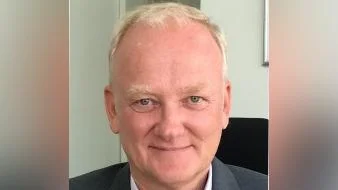The ongoing civil war in Ethiopia, involving government troops and the Tigray People's Liberation Front, has severely impacted the country's medical care system. As the conflict rages on, the need for a robust healthcare infrastructure becomes even more evident. Ethiopia, similar to other African nations, struggles with both infrastructure and human resources. Medical personnel in Ethiopia often find themselves underpaid, with some taking on additional jobs, such as driving for ride services like "Ride" in Ethiopia. The shortage of trained medical technicians is a critical issue, as they are essential for the functioning of intensive care units and maintaining medical equipment.
KfW Development Bank has been active in Ethiopia's vocational training sector, collaborating with the BMZ for years. The bank focuses on enhancing employment and income opportunities for students by aligning education more closely with the health sector's needs. This includes investing in training and equipping vocational schools, workshops, and teaching hospitals in Addis Ababa and Jimma with necessary resources.
A significant milestone is the establishment of a ‘Bio-Medical Design Studio’ at Addis Ababa University's Institute of Technology, funded by KfW. This studio enables final-year students to work on innovative medical products as part of their projects.
The Black Lion Hospital in Addis Ababa, in operation since 1964, has become a beneficiary of these efforts. The hospital, which has 700 beds, employs a comprehensive team including 200 doctors and numerous medical technicians. As part of the medical technology initiative, new equipment such as ventilators and intensive care tools are being acquired, with training provided to nurses and doctors on their use. This training extends to maintenance and repair, benefiting the longevity of medical equipment.
Dr. Nura Kedir, head of the intensive care unit at Black Lion Hospital, noted, "We opened this intensive care unit six months ago. It consists of six surgical and six internal medicine beds with a total of eleven ventilators and twelve monitors. We have another intensive care unit in the hospital, also with twelve beds."
Dr. Kedir described how the KfW funds have doubled their capacity: "In the surgical intensive care unit, we previously had to cancel many operations because there were no ventilators. We also had problems with a lack of monitors and generally inadequate equipment. Our current problem is that we can't do everything the way we want due to a lack of spare parts. However, we have a biomedical workshop in-house where repairs can be carried out."
"The additional beds allow us to admit patients earlier, which has helped us a lot. We also now have continuous 24-hour monitoring of patients," Dr. Kedir said, highlighting the enhancements made possible through KfW's initiative.

